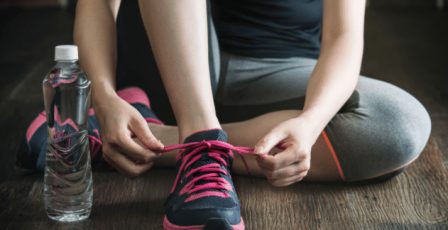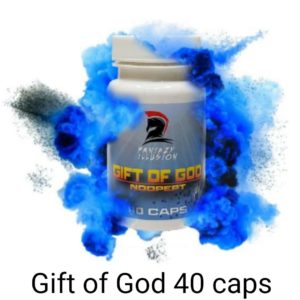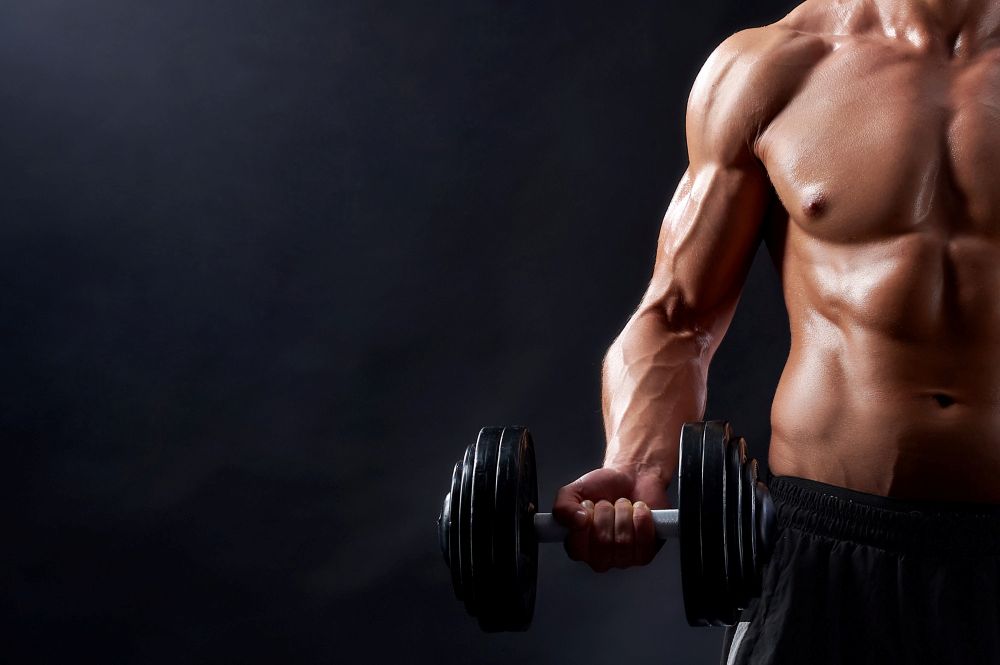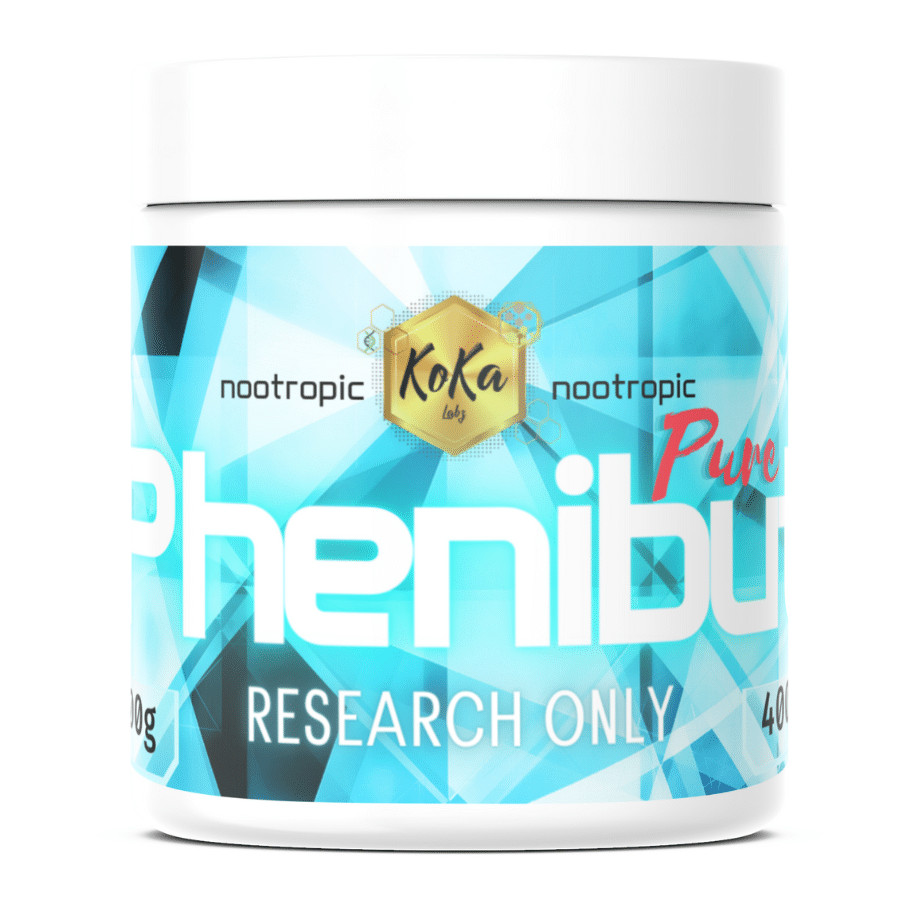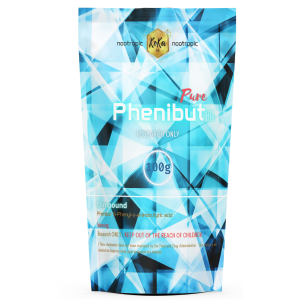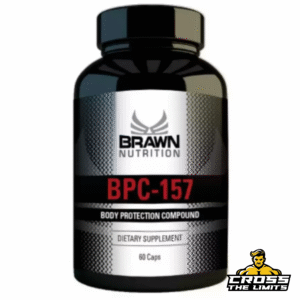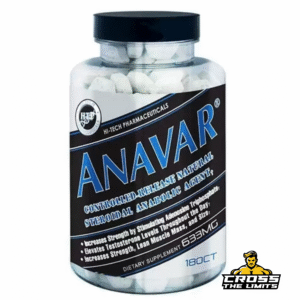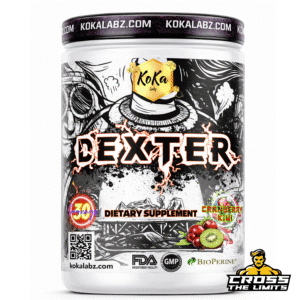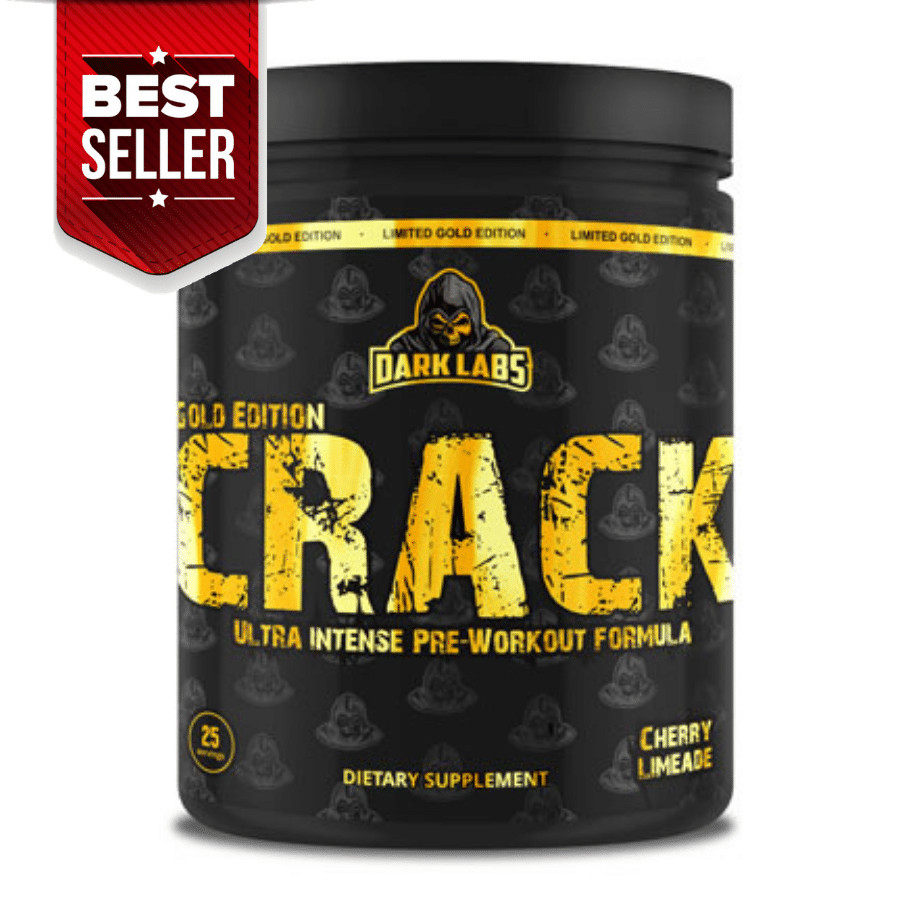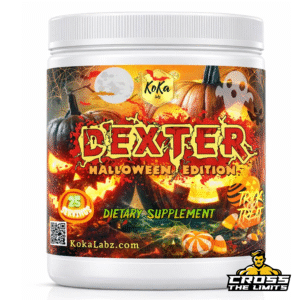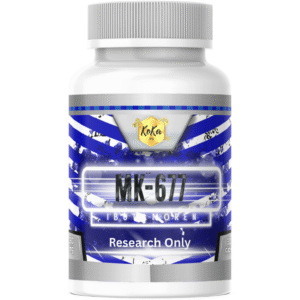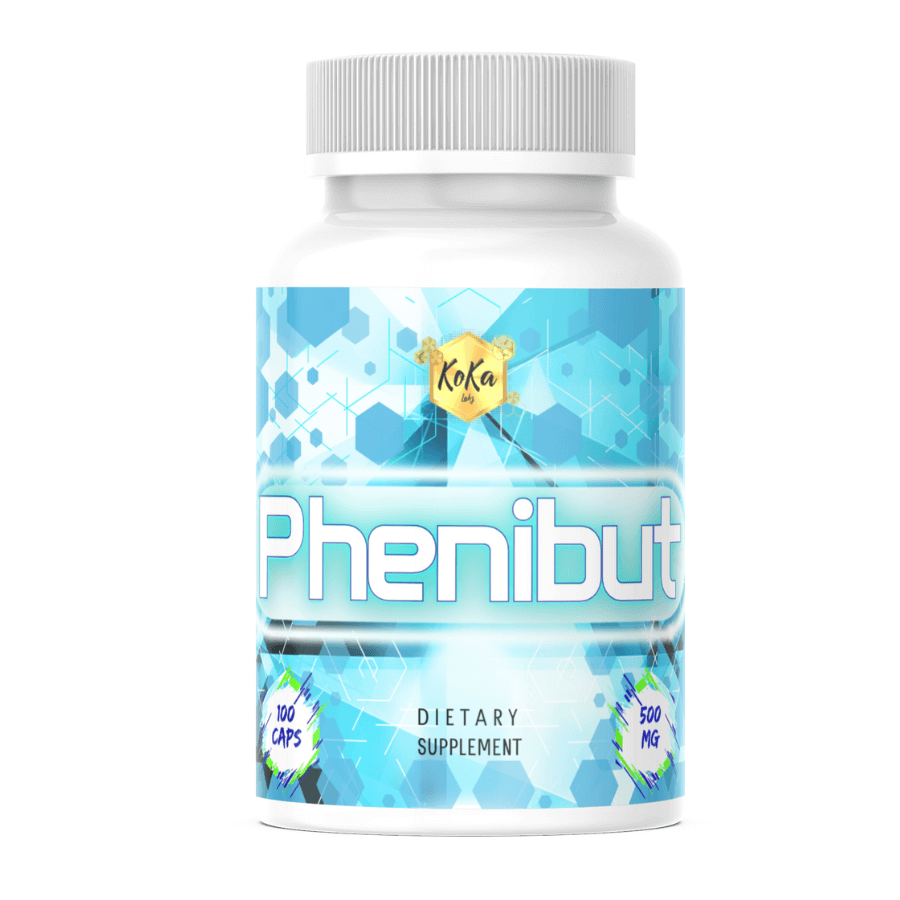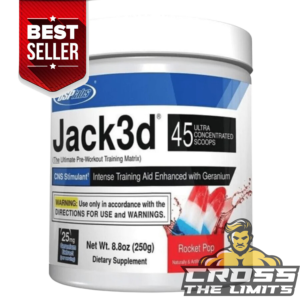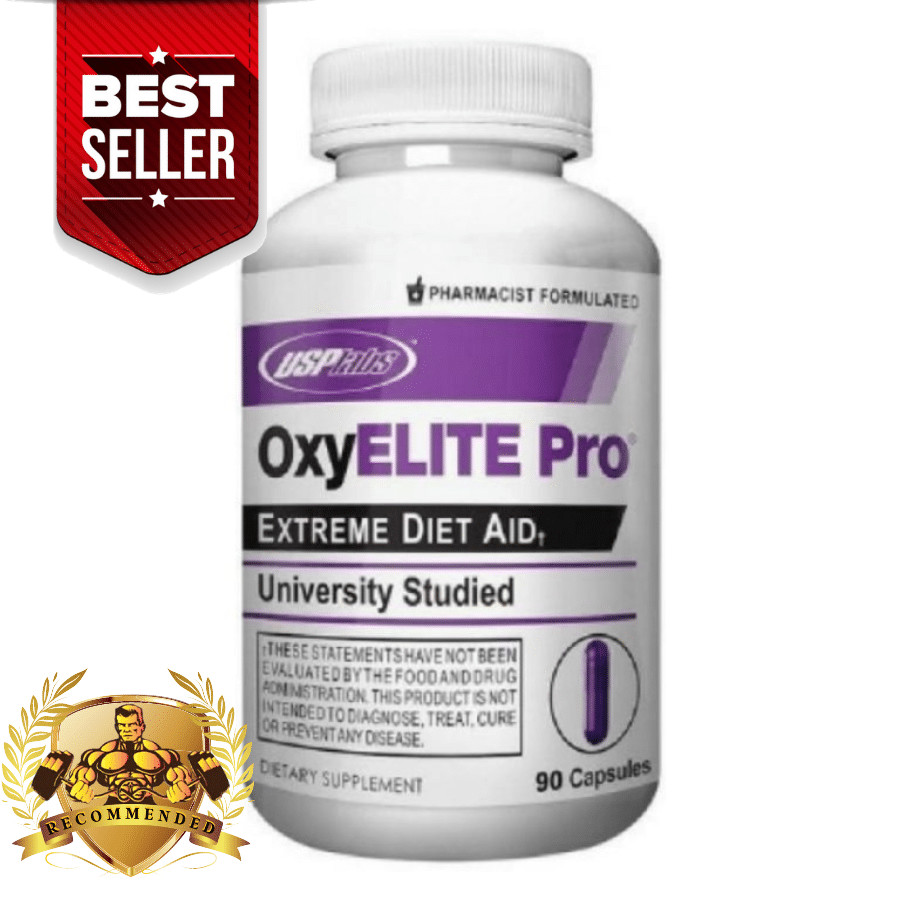What should I drink during training?
During physical exertion, the demand for fluids increases and needs to be replenished. The more intensive and more prolonged the workout, which is accompanied by sweating, the greater the loss of water and with it the loss of electrolytes. Dehydration must be prevented because it has a negative effect not only on the training itself but also on the body’s condition. Dehydration is a threat not only to health but also to life. However, the question arises of what to drink during training because water is not the only option. There are definitely more options to choose from, such as isotonic and protein supplements.
 What about drinking at the gym?
What about drinking at the gym?
You can train without food, but not without hydration. It is crucial to avoid dehydration, which is not tricky during intensive physical effort accompanied by sweating. This involves an increased loss of fluid, and the body is mainly made up of water, which is essential for its proper functioning. Failure to replenish fluids puts additional strain on the muscular heart, leading to muscular hypoxia. The loss of water means a problem with supplying nutrients to the cells, including glucose which is the energy source. Even muscle volume decreases, dehydration impairs psychophysical abilities. Drinking during training is essential so that multiple metabolic reactions can occur, but limiting yourself to pure water alone may not be enough. Depending on the type of physical activity, you need to provide your body with the proper nutrients to maintain fluid balance. With sweat, the body loses water and minerals, especially magnesium, sodium, and potassium. If these elements are not conditioned, the electrolyte balance will be disturbed, which manifests itself, among other things, in trembling and muscle weakness and a decrease in endurance. The risk of injury also increases.
What should I drink during training?
As water alone may not be enough to replenish the body’s fluids, it’s essential to consider what other options to choose from and which specifically you should opt to get the best results.
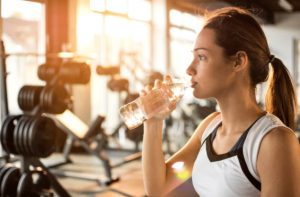 Water
Water
Drinking water is a staple and should not be forgotten, but daily, as, during a workout, it will not necessarily be a good source of hydration. Springwater doesn’t contain much in the way of minerals. Mineral water is definitely a better choice, but only for short workouts that don’t involve intense interval training. Choose medium-mineralized water because of its good proportions of calcium, magnesium, sulfates, and bicarbonates.
Isotonic drinks (ISO)
People who train often turn to isotonic drinks to rehydrate their bodies during training. However, it must be remembered that they contain a lot of sugar, which makes such an additional booster unnecessary for workouts lasting less than an hour. Isotonic drinks are helpful during intensive and prolonged exercises. If your goal is to reduce body fat, an isotonic drink is also a good choice. Its advantage is that it replenishes muscle glycogen reserves and regulates water balance in the body. You can even make your own isotonic drink – e.g., mineral water, sea salt, honey, freshly squeezed lemon, or orange juice.
Supplements before/during/after training
Intense physical exertion in the case of strength training requires rapid replenishment of both carbohydrates and protein. Some recommend adding amino acids to your workout drink for a combination of hydration and nutrition. BCAAs in water during a workout can boost the body’s capabilities, including your muscles. This will translate into better training performance. BCAA dissolved in water will become a quick energy boost, a way to counteract catabolism. Such a solution will be helpful during more demanding training, as water contains only electrolytes and serves hydration. Branched-chain amino acids (BCAA) are great before exercise, while protein supplements can be taken both before and after exercise. It has a protective effect, enhances regeneration, and promotes the development of muscle mass. The advantage of nutrients is that they are a source of quickly absorbed protein without overloading the digestive system. It is worth using them both during weight gain and reduction. Nutritional supplements are recommended regardless of your experience at the gym, even for beginners.
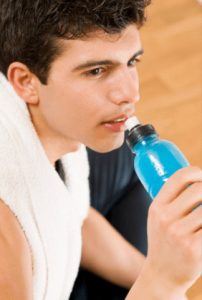 What should you remember about hydration before, during, and after training?
What should you remember about hydration before, during, and after training?
It is important what to drink before, during, and after training, and in what quantities. Hydration should be taken care of before any physical activity. It is recommended to drink two to three glasses of fluids two hours before training. On the other hand, you should not exaggerate the amount during exercise because it will only be an unnecessary ballast. The point is to replenish lost fluids, for which up to one and a half glasses of drinks every twenty minutes is sufficient. It will be essential to hydrate your body correctly after training. It is recommended to drink one and a half times more fluids than you lost during the exercise. Two to three glasses of drink for each half kilogram of body weight loss should be sufficient.
The type of fluid you drink should be adapted to the duration of your workout. For short physical activities of up to one hour, mineral water is sufficient. If the training is more intense or lasts longer, isotonic drinks are recommended. For very intensive physical activity lasting more than an hour, an isotonic drink with glucose polymers is best. It is important to drink in small doses and slowly and avoid fizzy drinks and juices.
